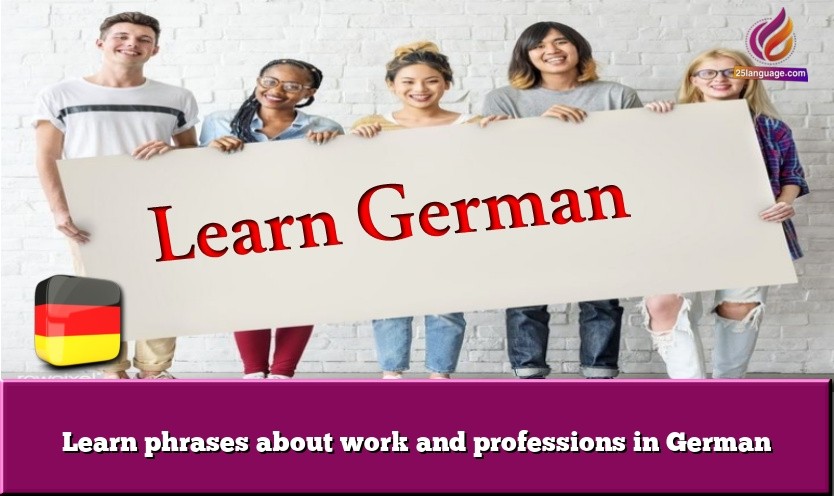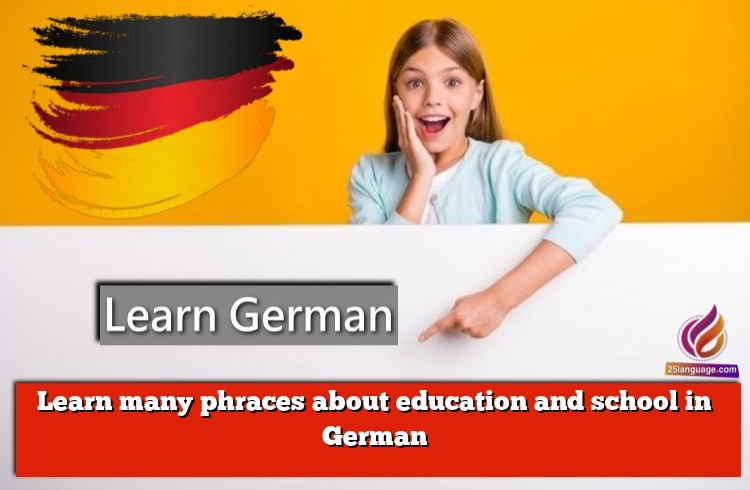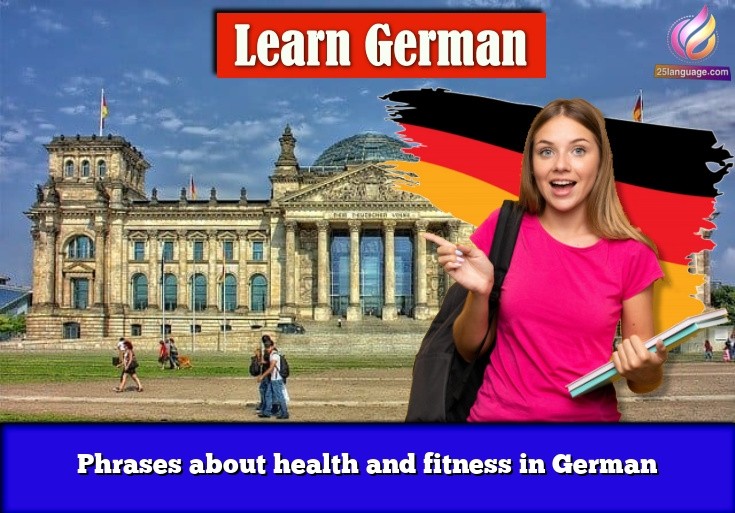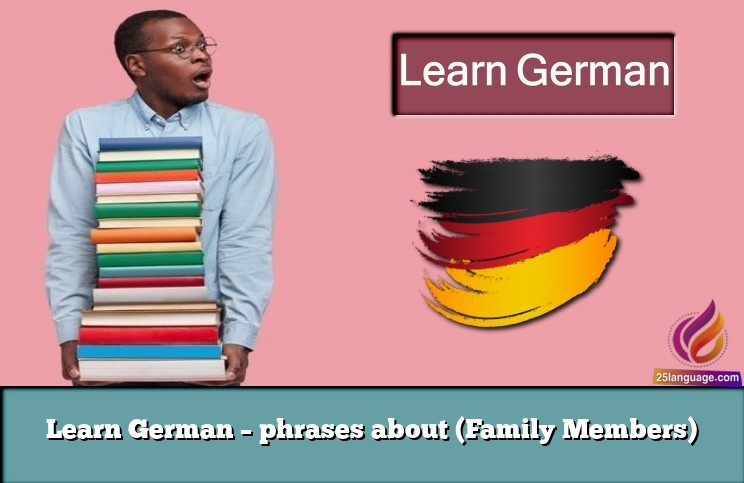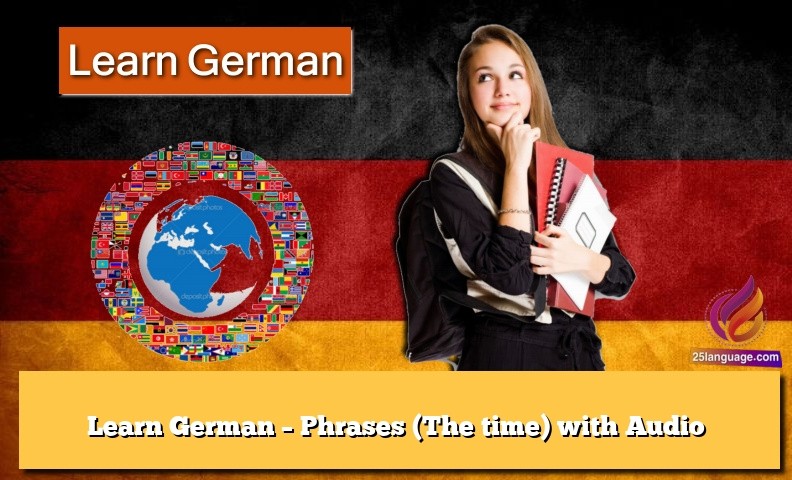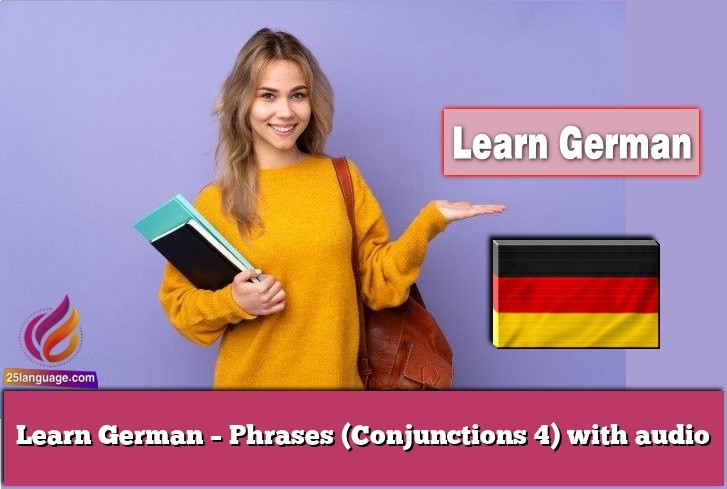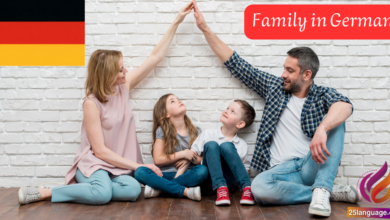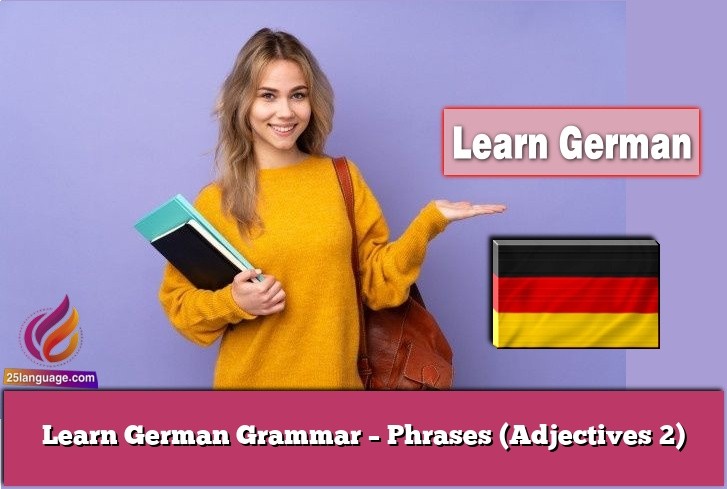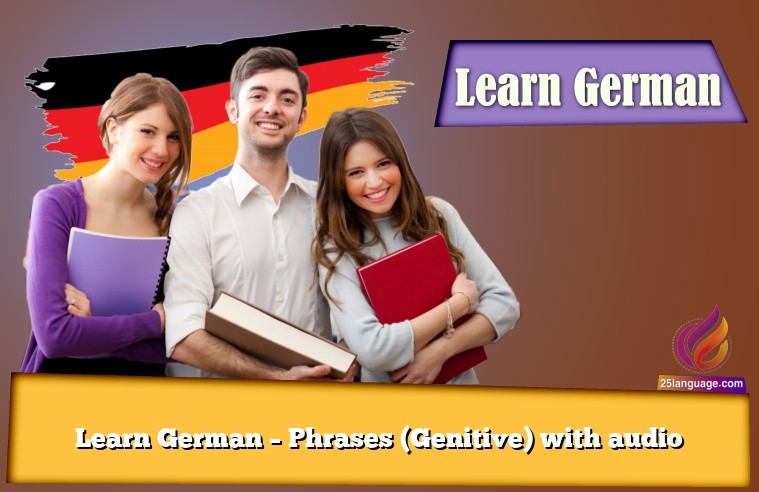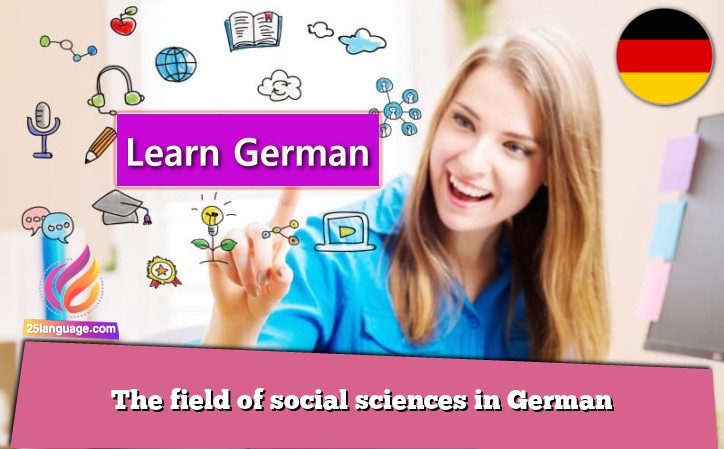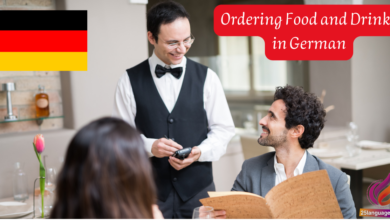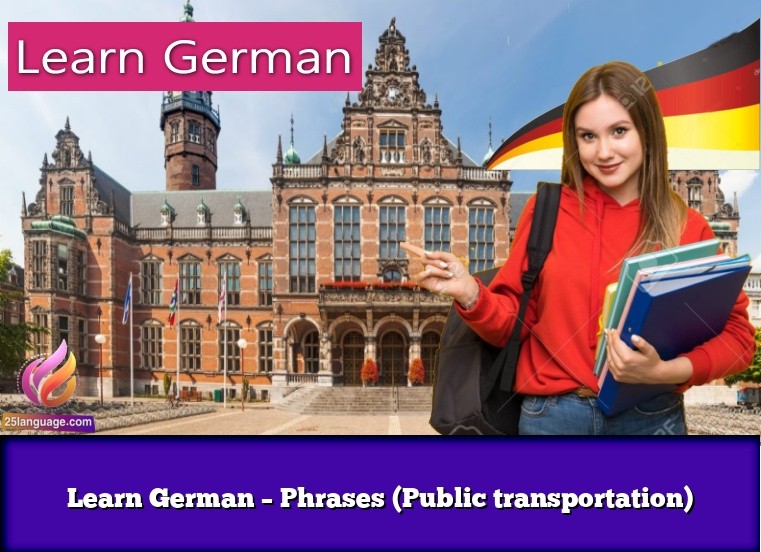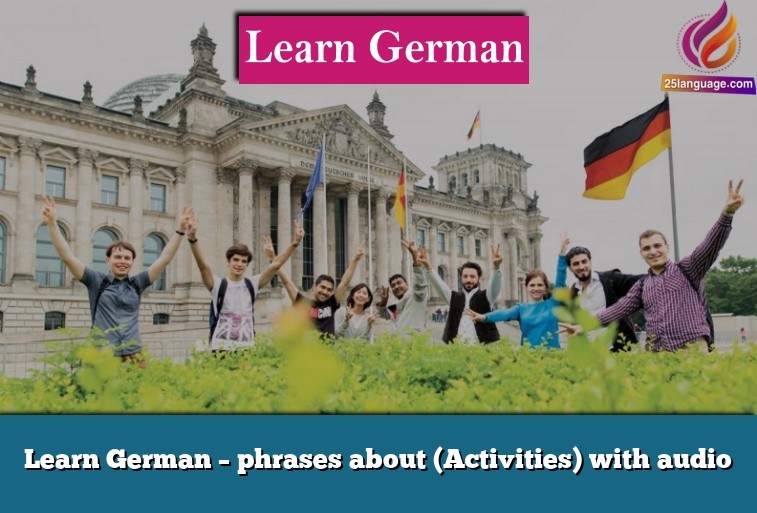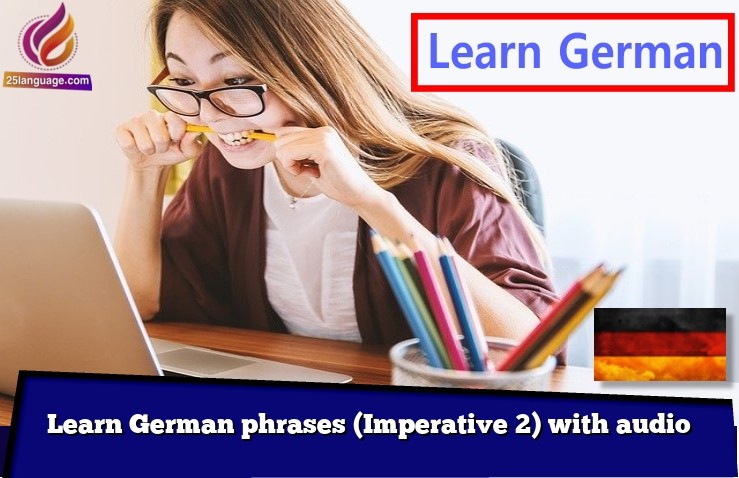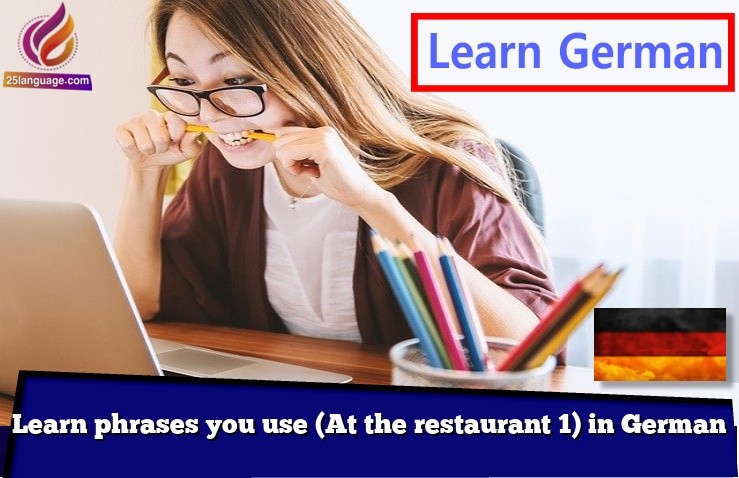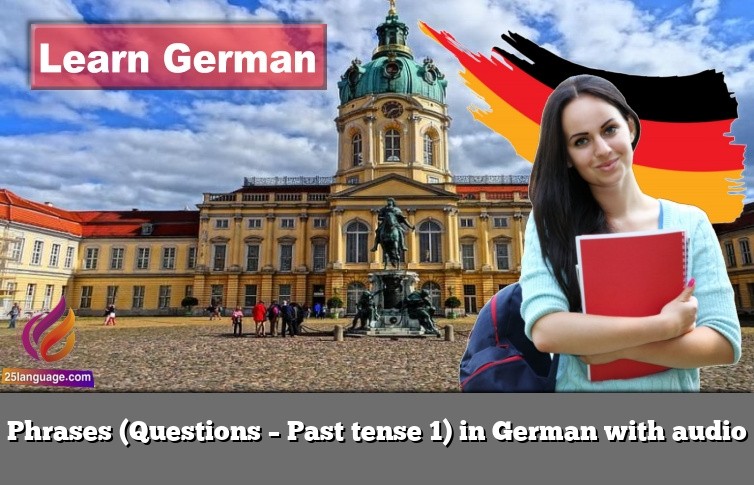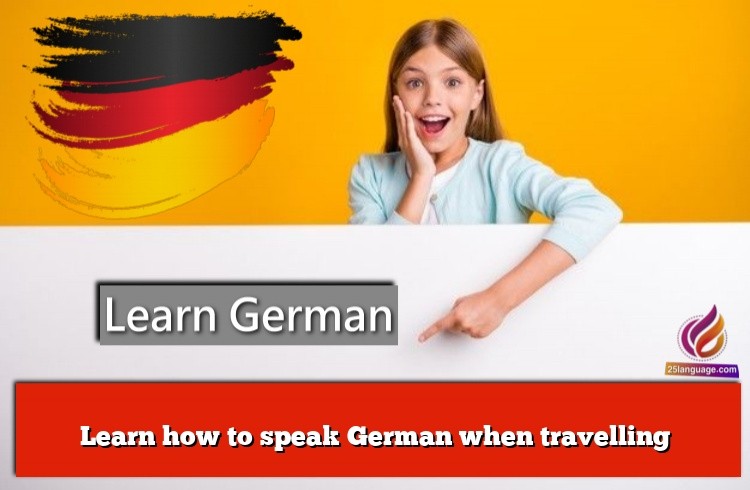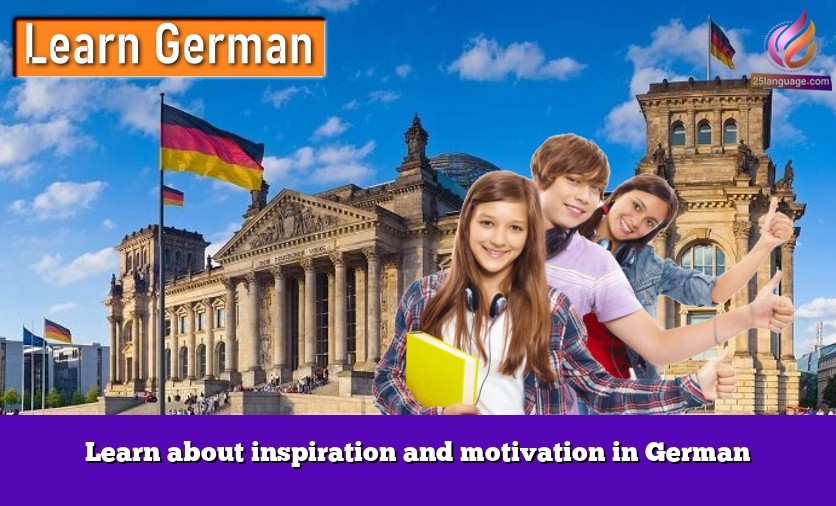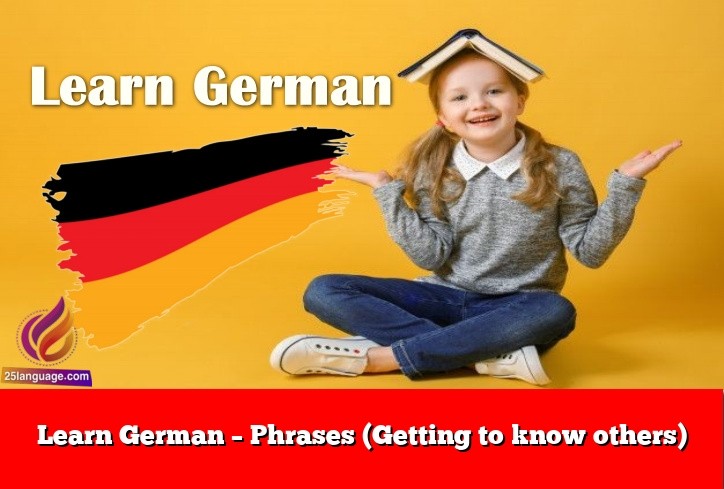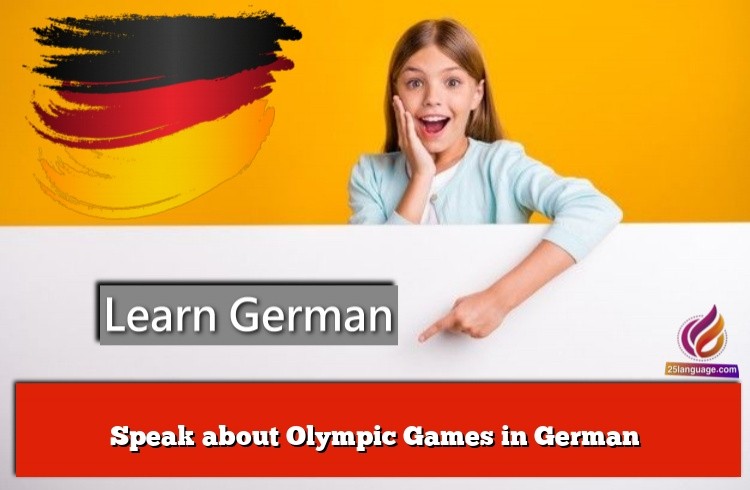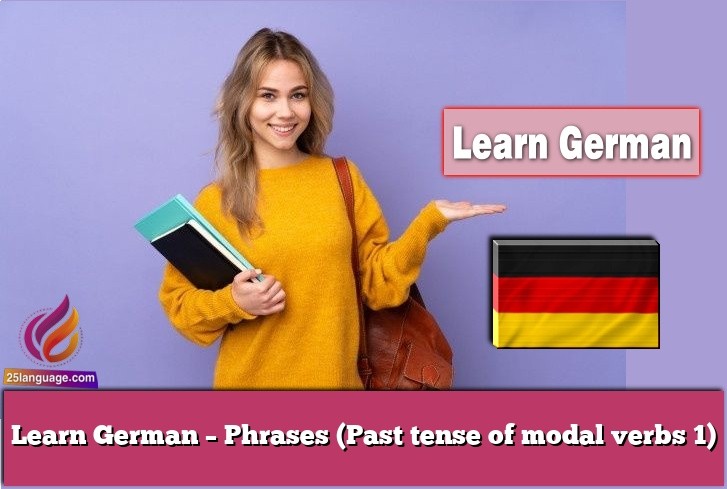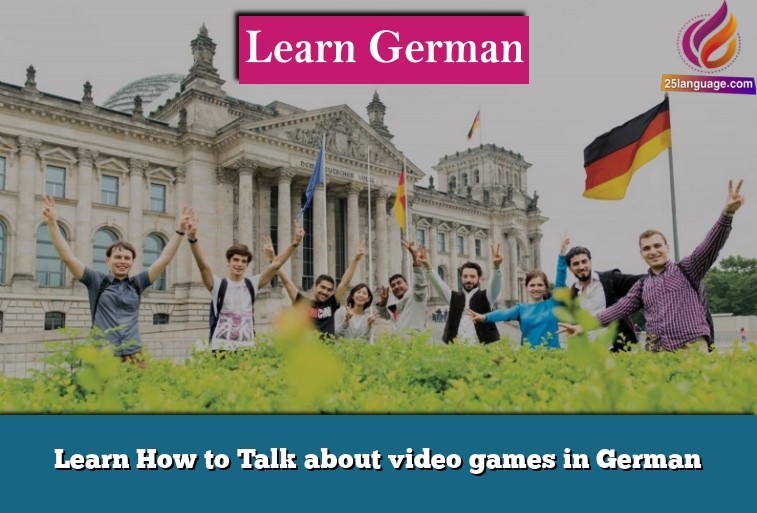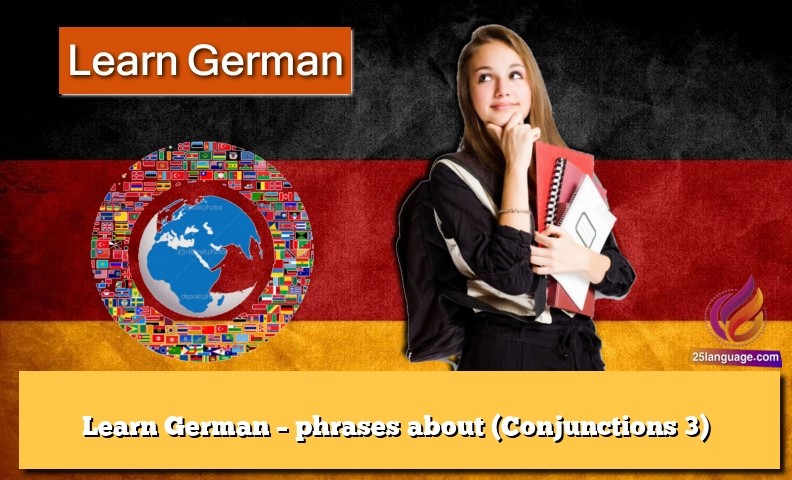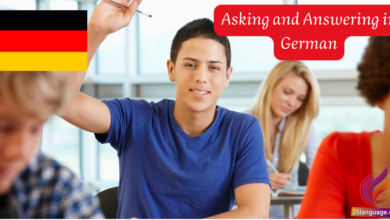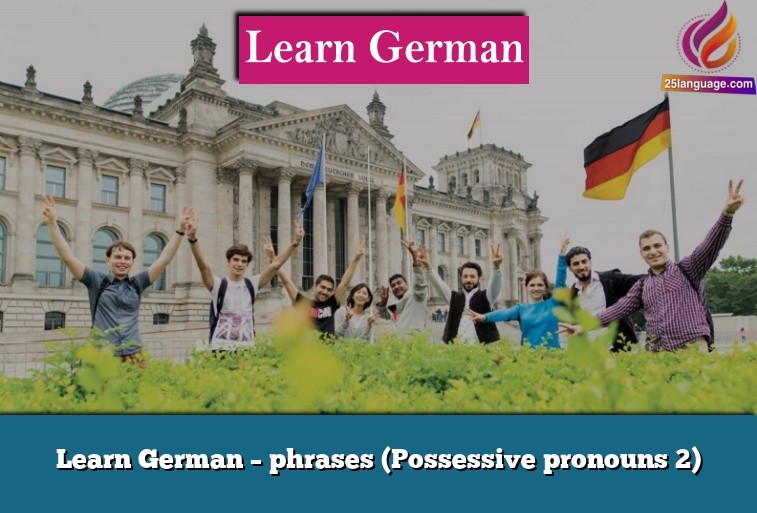Talking About Historical Events in German
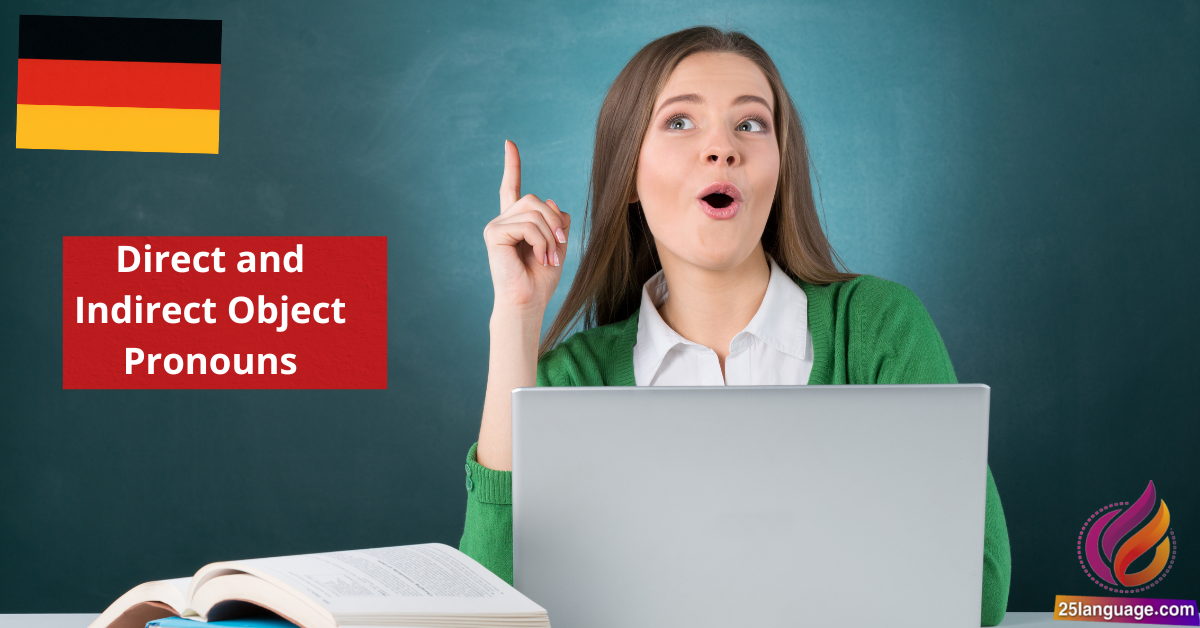
Are you ready to enhance your German language skills and dive into captivating stories from the past? In this engaging lesson, specifically designed for English speakers, we will explore essential German phrases and sentences that will empower you to discuss notable historical events.You’ll learn how to describe key moments in German history, discuss their impact, and express your thoughts with confidence. From the fall of the Berlin Wall to World War II, we’ll equip you with the vocabulary and sentence structures needed to articulate your ideas clearly. Join us as we make learning German not just educational, but also enjoyable, bringing history to life through language! Let’s get started!
Understanding Key Phrases for Discussing Historical Events
| Sentence/Phrase in German | Translation in English |
|---|---|
| Was ist passiert? | What happened? |
| Wann fand das Ereignis statt? | When did the event take place? |
| Wo ist das geschehen? | Where did that happen? |
| Warum ist das wichtig? | Why is that critically important? |
| Ich habe davon gehört. | I heard about it. |
| Das war ein bedeutendes Jahr. | That was a significant year. |
| Gibt es Beweise dafür? | is there evidence for that? |
| Wer war beteiligt? | Who was involved? |
| Ich möchte mehr darüber wissen. | I want to know more about it. |
| Das änderte die Geschichte. | That changed history. |
| Es war eine revolutionäre Zeit. | It was a revolutionary time. |
| Ich interessiere mich für die Geschichte. | I am interested in history. |
| Wie hat es angefangen? | How did it start? |
| Was waren die Folgen? | What were the consequences? |
| welches Jahr war das? | What year was that? |
| Kannst du das erklären? | Can you explain that? |
| Ich habe das nicht verstanden. | I did not understand that. |
| Das war eine schreckliche Zeit. | It was a terrible time. |
| Wir sollten aus der Geschichte lernen. | We should learn from history. |
| Das Ereignis war sehr wichtig. | The event was very critically important. |
| Gab es einen Unterschied? | Was there a difference? |
| Ich finde das faszinierend. | I find that captivating. |
| Was sagen die Historiker? | What do historians say? |
| Das hat die Welt verändert. | That changed the world. |
| Wann wurde es dokumentiert? | When was it documented? |
| Wo kann ich mehr Informationen finden? | Where can I find more information? |
| Wie viele Menschen waren betroffen? | How many people were affected? |
| Was war die Hauptursache? | What was the main cause? |
| Hat jemand darüber geschrieben? | Did anyone write about it? |
| Das war eine inspirierende Geschichte. | That was an inspiring story. |
| Was macht das Ereignis so einzigartig? | What makes the event so unique? |
| Unsere Vergangenheit prägt die Zukunft. | Our past shapes the future. |
| Ich möchte es mehr diskutieren. | I would like to discuss it further. |
Crafting Detailed Descriptions: Techniques and Examples
| sentence/Phrase in German | Translation in English |
|---|---|
| Was ist passiert? | What happened? |
| Ich möchte mehr darüber wissen. | I want to know more about it. |
| Das war ein wichtiger Tag in der Geschichte. | That was an important day in history. |
| Wo fand das Ereignis statt? | Where did the event take place? |
| Wer war beteiligt? | Who was involved? |
| Ich habe darüber in der schule gelernt. | I learned about that in school. |
| Das war ein Wendepunkt in der Geschichte. | That was a turning point in history. |
| Wie lange ist das her? | How long ago was that? |
| Welche Konsequenzen hatte es? | What consequences did it have? |
| Ich interessiere mich für die Geschichte. | I am interested in history. |
| Das Ereignis wurde gut dokumentiert. | The event was well documented. |
| Kannst du mir mehr darüber erzählen? | Can you tell me more about it? |
| Warum ist das wichtig? | Why is that important? |
| Das datum ist bedeutend. | The date is significant. |
| Das Buch beschreibt das Ereignis ausführlich. | The book describes the event in detail. |
| Hast du die nachrichten darüber gehört? | Did you hear the news about it? |
| Ich finde es faszinierend. | I find it fascinating. |
| Das hat die Welt verändert. | That changed the world. |
| Was waren die Ursachen? | What were the causes? |
| Ich habe einen Vortrag darüber gehört. | I heard a lecture about it. |
| das Ereignis wird oft erwähnt. | The event is frequently mentioned. |
| Wie sieht die Situation heute aus? | What is the situation like today? |
| Das ist ein interessanter Aspekt der Geschichte. | that’s an captivating aspect of history. |
| Hast du historische Filme darüber gesehen? | Have you seen historical movies about it? |
| Das Ereignis hatte internationale auswirkungen. | The event had international repercussions. |
| Was denkt die Gesellschaft darüber? | What does society think about it? |
| Wie feiern sie den Jahrestag? | How do they celebrate the anniversary? |
| Was sind die Lehren daraus? | What lessons can be learned from it? |
| Es ist wichtig, die geschichte zu kennen. | It’s important to know history. |
| Wer hat darüber geschrieben? | Who wrote about it? |
| Das war ein historischer Moment. | That was a historic moment. |
| Ich empfehle dir, es zu lesen. | I recommend you to read it. |
| Was waren die Schlüsselereignisse? | What were the key events? |
| Welche Figuren sind berühmt geworden? | Which figures became famous? |
Engaging in Dialogue: practical Applications in conversational Contexts
| Sentence/Phrase in German | Translation in English |
|---|---|
| Wann hat der Zweite Weltkrieg begonnen? | When did World War II begin? |
| Viele Menschen leiden unter dem Krieg. | Many people suffer from the war. |
| Der Fall der berliner Mauer war ein wichtiges Ereignis. | The fall of the Berlin Wall was an important event. |
| Die Industrialisierung hat die Gesellschaft verändert. | The Industrial Revolution changed society. |
| Wie haben sich die Menschen gegen die Diktatur gewehrt? | How did people resist the dictatorship? |
| Die Geschichte Deutschlands ist sehr reichhaltig. | Germany’s history is very rich. |
| Was war die Ursache des Ersten Weltkriegs? | What was the cause of World War I? |
| Die Wende brachte viele Veränderungen mit sich. | The turning point brought many changes. |
| Ich interessiere mich für historische Orte. | I am interested in historical places. |
| Welche Schlacht war die entscheidende im Krieg? | Which battle was the decisive one in the war? |
| Frauen hatten im Krieg oft wichtige rollen. | Women often had important roles in the war. |
| Der Holocaust ist ein trauriges Kapitel der Geschichte. | The Holocaust is a sad chapter in history. |
| Das Museum zeigt viele interessante Ausstellungen. | the museum shows many interesting exhibitions. |
| Wer war Otto von Bismarck? | Who was Otto von Bismarck? |
| Die Parteigründungen in den 1920ern waren bedeutend. | The party formations in the 1920s were significant. |
| Was war der Einfluss der Reformation? | What was the influence of the Reformation? |
| Die Olympischen Spiele fanden 1936 in Berlin statt. | The Olympic Games took place in Berlin in 1936. |
| Die Gründung der BRD war ein wichtiger Schritt. | The founding of the FRG was an important step. |
| Der Vertrag von Versailles hatte viele Folgen. | The Treaty of Versailles had many consequences. |
| Ich möchte mehr über die Weimarer Republik erfahren. | I want to learn more about the Weimar Republic. |
| Der Kalte Krieg teilte Deutschland in zwei Hälften. | The Cold War divided Germany into two halves. |
| Ich habe ein Buch über den Ersten Weltkrieg gelesen. | I read a book about World War I. |
| Wo fand die Berliner Konferenz statt? | Where did the Berlin Conference take place? |
| Gibt es denkmäler für historische Ereignisse? | Are there monuments for historical events? |
| Das Mittelalter war eine interessante Zeit. | The Middle Ages were an interesting time. |
| Die reformation begann im 16. Jahrhundert. | The Reformation began in the 16th century. |
| Der erste Mensch auf dem Mond war Neil Armstrong. | The first man on the moon was Neil Armstrong. |
| Wann wurde die Mauer gebaut? | When was the wall built? |
| Die Schlacht von Stalingrad war entscheidend. | The Battle of Stalingrad was decisive. |
| Hast du von der Französischen Revolution gehört? | Have you heard of the French Revolution? |
| Deutschland hat viele kulturelle Erbes. | Germany has a rich cultural heritage. |
Exploring Cultural Perspectives: Contextualizing Historical Narratives
| Sentence/Phrase in German | Translation in English |
|---|---|
| Wann hat der Zweite Weltkrieg begonnen? | When did World War II begin? |
| Wer war der erste präsident der Bundesrepublik Deutschland? | Who was the first president of the Federal Republic of Germany? |
| Ich interessiere mich für die deutsche Geschichte. | I am interested in German history. |
| Wo fand die Berliner Mauer statt? | Where did the Berlin Wall take place? |
| Was passierte im Jahr 1989? | What happened in 1989? |
| Der Erste Weltkrieg endete 1918. | The First World War ended in 1918. |
| Wie lange dauerte der dreißigjährige Krieg? | How long did the Thirty Years’ War last? |
| Ich habe ein Buch über das alte Deutschland gelesen. | I read a book about ancient Germany. |
| Die Reformation begann im 16. Jahrhundert. | The Reformation began in the 16th century. |
| Könnten sie mir die wichtigsten Ereignisse nennen? | Could you name the important events for me? |
| Wer führte die deutschen Truppen im Ersten Weltkrieg? | Who lead the German troops in World War I? |
| Das Grundgesetz wurde 1949 verabschiedet. | The Basic Law was adopted in 1949. |
| Die Teilung Deutschlands war ein entscheidendes Ereignis. | The division of Germany was a crucial event. |
| Wann wurde die Mauer gebaut? | When was the Wall built? |
| Hitler kam 1933 an die Macht. | Hitler came to power in 1933. |
| Was war der grund für den ersten Weltkrieg? | What was the cause of the First World War? |
| Die Weimarer Republik existierte von 1919 bis 1933. | the Weimar Republic existed from 1919 to 1933. |
| Ich lerne über die Nazizeit in der Schule. | I am learning about the Nazi era at school. |
| Das Ende des Kalten Krieges war 1991. | The end of the Cold War was in 1991. |
| Haben Sie Informationen über den Holocaust? | Do you have information about the Holocaust? |
| Die deutsche einheit wurde 1990 vollzogen. | The German reunification was completed in 1990. |
| Welches ereignis war das wichtigstes im 20. Jahrhundert? | What event was the most critically important in the 20th century? |
| Der Fall der Berliner Mauer war symbolisch. | The fall of the Berlin Wall was symbolic. |
| Welches land hat während des Ersten Weltkriegs Seite gewählt? | Which countries chose sides during World war I? |
| Die Währungsreform fand 1948 statt. | The currency reform took place in 1948. |
| Ich würde gerne die wichtigsten Daten lernen. | I would like to learn the important dates. |
| Die Baukunst der Nazis war vielschichtig. | The architecture of the Nazis was multifaceted. |
| Die Geschichte ist wichtig für unser Verständnis. | History is important for our understanding. |
| Der Vertrag von Versailles wurde 1919 unterzeichnet. | The Treaty of Versailles was signed in 1919. |
| Kann ich mehr über die deutsche Wiedervereinigung erfahren? | Can I learn more about German reunification? |
| Geschichte prägt unsere Kultur und Identität. | History shapes our culture and identity. |
In Conclusion
we’ve uncovered the valuable insights and skills integral to our lesson today. Remember, learning is a journey filled with exploration and finding. Each step you take enriches your understanding and empowers your growth. Stay curious and don’t hesitate to ask questions, as it’s through inquiry that we unlock new knowledge. As you move forward,embrace challenges as opportunities to learn and refine your abilities. Keep pushing your boundaries, and remember that every expert was once a beginner. So, take pride in your progress and continue to strive for greatness! You’ve got this!
